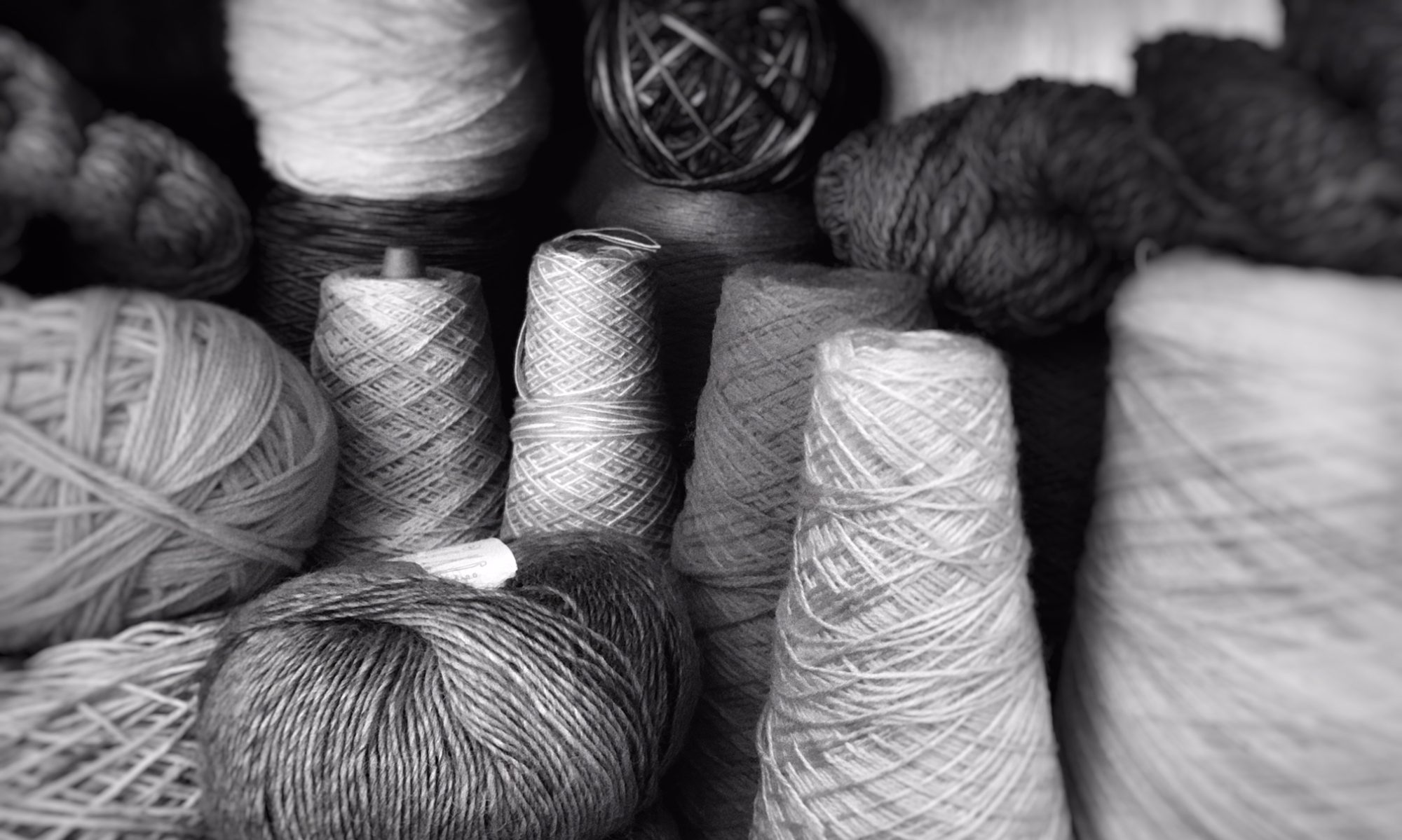
Last year I was on an architecture tour of the Wayne State University campus in Detroit, MI. Part of the tour focused on the buildings that were designed by Minoru Yamasaki. He designed four buildings for the campus between 1957 and 1964. My previous experience with Yamasaki’s work was from my college days at College for Creative Studies in Detroit where I received a BFA focusing in crafts. The building that the crafts department resided in was designed by Yamasaki around the same time frame of the Wayne State buildings. The four years that I had spent learning and growing in his building had already given me an emotional connection to his work.
note: this post contains affiliate links
On the day of the tour it was a grey, overcast, May day that would end up with rain. Even with the lack of sunshine and the fear of being rained on, the tour did not disappoint. The detail of the building facades, the amount of custom windows and sculpture in the surfaces was absolutely captivating.





The rhythms of the patterns that surround the buildings, and the movement created with such mathematical precision strongly held my interest. As you can see the details are very geometric, but the patterning that is repeated throughout is captivating while you are walking through the grounds and through the buildings. The way he used a similar fluted shape in multiple buildings, but in different proportions and methods I found so inspiring. All of the buildings looked related, but each had a sense of individuality that was unique to that building and space.
As we were on the tour I really wasn’t thinking of knitting patterns based on the buildings. I actually kept looking at the coats two of the ladies also on the tour were wearing. As we would walk around I would stealthily try to get closer to look at the details of how the woven garments were sewn, and started thinking of how the patterns could be translated to knitwear. Ironically, after the tour the patterns and ideas stopped. I wanted to design a machine knit wool sweater for myself that I would be comfortable in. A sweater that would be relaxed enough to wear on the weekends, but with some design elements to make it feel more dressed up. As I was sketching, the stair way railing design of the McGregor Memorial Conference Center started to show up in my designs. I had the lines moving into each other at varying points of the sweater, and then they would move up towards the shoulder parallel to each other. The sketch was done and I sat down at my machine to see how this would work out in reality. I knew that I wanted to get a visual stitch difference between the background field of the sweater and these linear motifs. I quickly landed on having the main portion of the sweater be garter stitch while the lines would be knit stockinette. As I kept trying different methods to get the lines to move in and out like they do on the railing, I noticed that I could not get a clear difference between the line change when it was completely horizontal. As the swatches of trials and errors progressed, I found a curved design that more mimicked the flutes of the Helen L. DeRoy Auditorium showed the linear design best, especially when stitches were crossed behind the moved element like a cable.

For the fabric, I used two cones of JaggerSpun Maine Line 2/20 wool yarn. Because I had been seeing many items on Instagram that were of variegated yarn, I was inspired to do something else that was outside of my normal and comfortable muted color palette. I decided to use two different colors of yarns at once. To knit with them I stacked one cone on top of the other on the table and had both yarns threaded into the machine mast together. The color shifted automatically in a random manner that was consistent throughout the body and the arms.
To transfer the linear design elements a three pronged transfer tool is needed. At times, a garter bar is helpful to speed up transferring many needles from the main bed to ribber and vice versa.

The fit is relaxed with plenty of room in the arms even with a layer on underneath. Who is comfortable with arms feeling so snug that you don’t want to move your carriage back and forth with fear of pulling out a seam?! A perfect relaxed fit through the body gives room to sit and move but with enough structure to not look sloppy or baggy. I find the proportion to be a nice balance of that go to sweater for warmth and comfort, but at the same time looking nice enough for company to come over or go out in.
Click HERE for the free machine knitting pattern of the Yamasaki Sweater.
Or get the printable PDF version of the pattern (without ads) HERE
Discover more from City Farmhouse Studio
Subscribe to get the latest posts sent to your email.

Absolutely stunning: the sweater and the building at Wayne State. Amazing to see & read how architecture was the basis for your knitting design. Love the colors you used.
Thank you! Glad you enjoyed reading about what inspired the design.